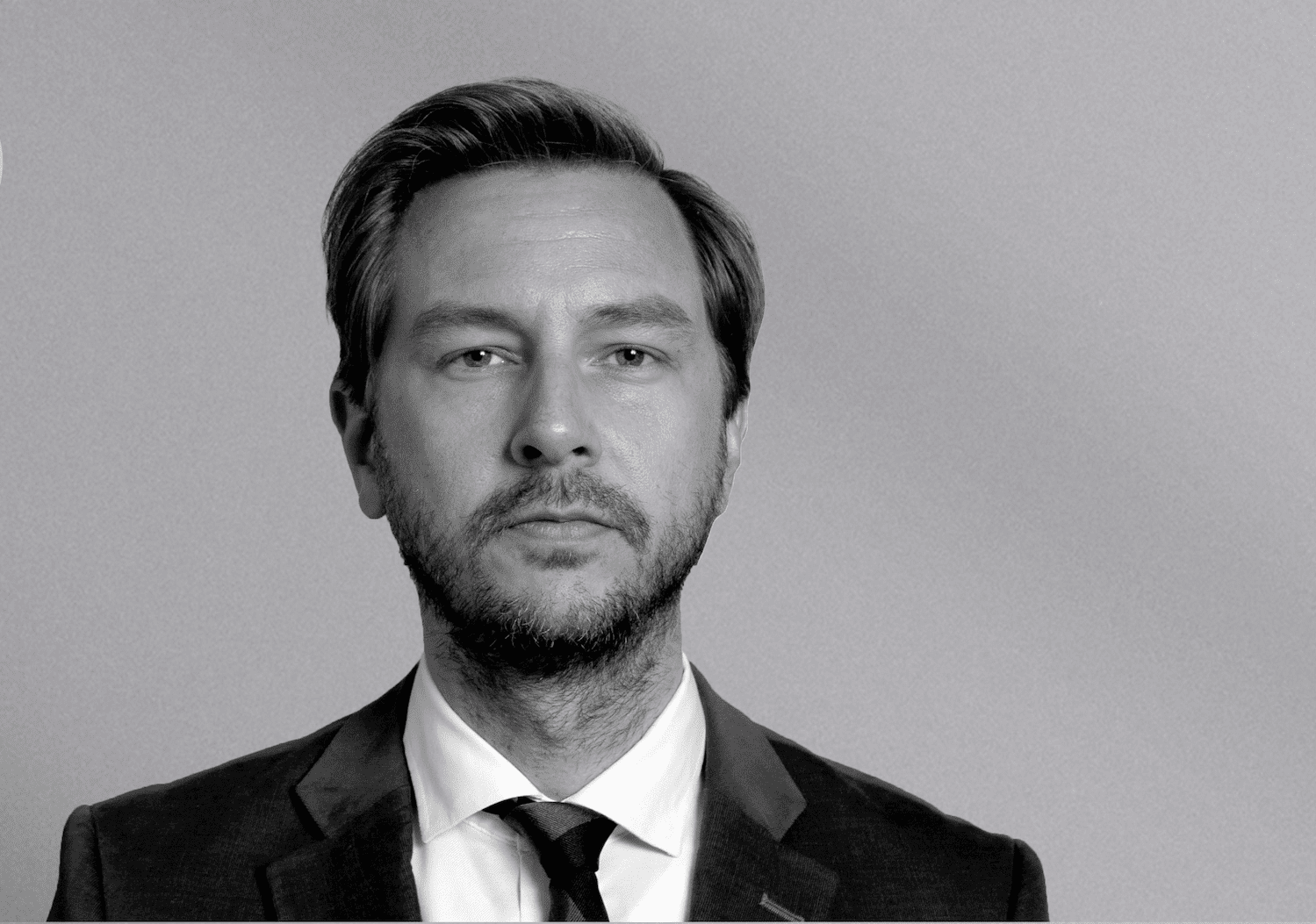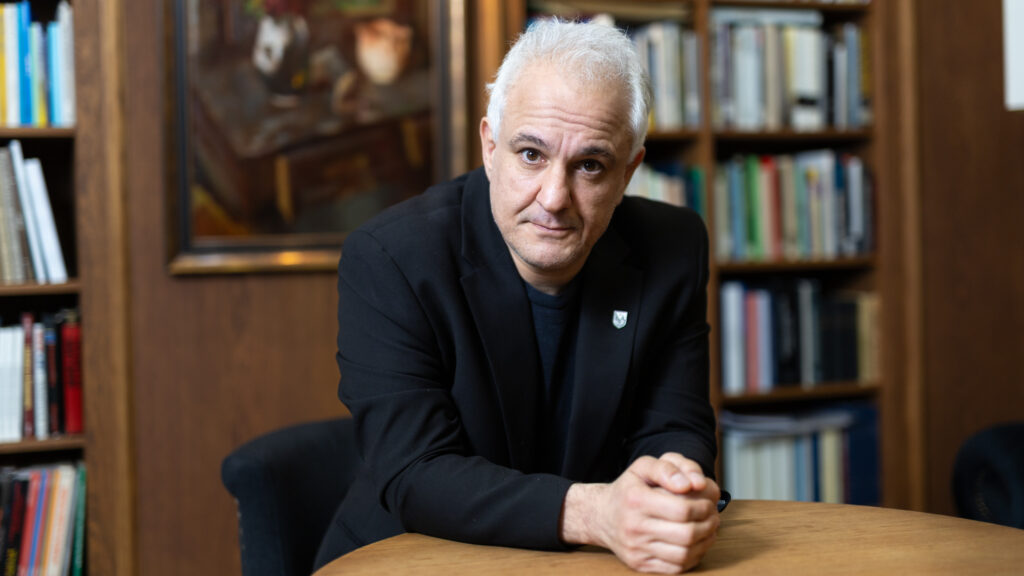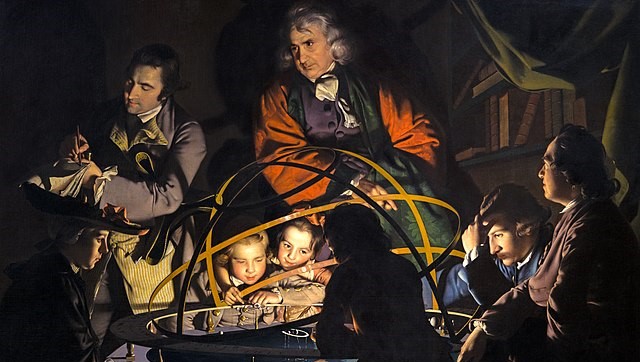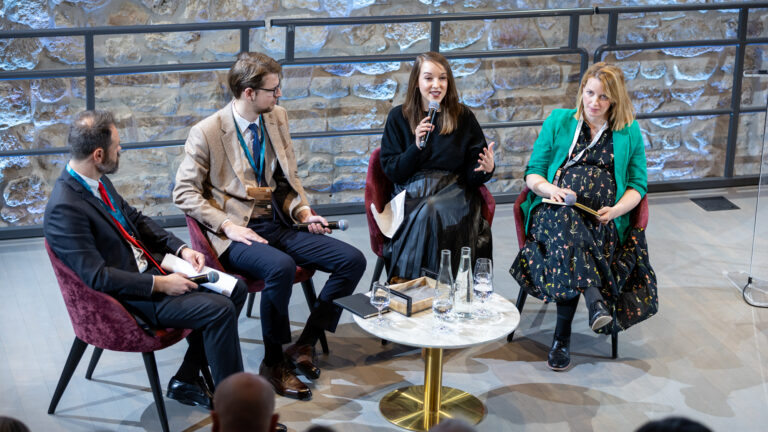In the history of English poetry, there has long been an—admittedly snobbish—distinction between name-brand national poets (Wordsworth, Auden, Betjeman, etc.), and those who are sometimes dismissed as ‘provincial poets’ (West Cumbria’s Norman Nicholson, or the Cornish Jack Clemo). What marks the latter out is allegedly a ‘special kind of intimacy which membership in the community would give to their interpretation of its way of life’.[i] More bluntly, they are simply not well known beyond their home region.
I mention this obscure distinction as it has been brought to mind while attending the first three of Dr David Dusenbury’s excellent six-lecture series on the mid-twentieth century Czech philosopher and dissident, Jan Patočka. In this series, Dusenbury explores his final work, Heretical Essays in the Philosophy of History, written in 1975.
With Patočka, the word ‘heretical’ is neither ironic, nor self-regarding. A dissident from whatever ‘isms’ he encountered, Patočka suffered in life, and ultimately met his death in 1977, by refusing to concede his belief that there are more things in heaven and earth than may be dreamt up by any grand science of history.
Patočka’s view of history is that it is ‘foremost a history of the soul’
Patočka’s view of history is that it is ‘foremost a history of the soul’. In a sense, this conception is a form of negation, in that it marks a stark rejection of historical materialism and determinism, metaphysical positions that were both overt and essential not only to the communist regime he lived under for the second half of his life, but also the modern West that has gained unipolar ascendancy after him.
Looking around us today, at the ubiquity of eschatological and millenarian movements—be they to do with climate, social justice, or feverish conspiracies such as Qanon—it is hard to deny that there are grand teleological theories of history filtering and warping our experience, and one wonders what Patočka would have made of it all.
At its heart, and as Dusenbury tells it, Patočka Heretical Essays seek to carve out a place for our actual lives and experience, free from the binding spells of grand stories, which are what compose us into the infernal collectives that may then be conducted by the people the stories designate as our leaders. As Dusenbury puts it, Patočka ‘refused to let his individual subjectivity be sacrificed’ on the altar of some grand, organising idea. In this, he is not simply against a theory of the past, but a theory, too, of ‘progress’, and thus of the future.
To Patočka, Europe is first and foremost a ‘spiritual formation’, and all the isms—be it Nazism, Bolshevism, or capitalism—are bacilli, leading to its ‘spiritual deformation’. Dusenbury notes that this idea of Europe is at once ‘mystical and provincial’, a view that while perhaps unorthodox to modern readers, was nevertheless held by ‘Hegel and other Europeans of his age’, before, as Max Weber famously wrote, ‘the disenchantment of the world’.
What was especially interesting in listening to Dusenbury’s careful explanation of Patočka’s ‘philosophy of history’, was the extent to which it seems to mirror the thought of another mid-twentieth century central European philosopher, whose work was also fundamentally mystical in its admonitions. The world-famous Ludwig Wittgenstein, however, was the antithesis of a provincial philosopher – the Wordsworth to Patočka’s Norman Nicholson.
The parallels are multiple. Both stand squarely against any general theory or schema, and specifically against Scientism – the idea that science can be a guide to our culture and values; both see human experience as fundamentally spiritual, rather than material; whereas Patočka sees the heart of history as containing a mystery, Wittgenstein argued that once we have done all we can with logic, all the real mysteries and questions of life remain untouched.
Listening to Dusenbury explain Patočka, it is often as if the notoriously granular Wittgenstein suddenly took an interest in the great shifting sands of his political milieu, for the Heretical Essays are just as mystical in orientation as the Tractatus, but simultaneously far more responsive to the political provinces in which Patočka lived and taught, before being banned from teaching, and ultimately killed, than anything Wittgenstein ever wrote.
Having said all this, what remains to be clarified is what it was all in aid of. Like many philosophers, Patočka is at once lauded as a ‘fearless speaker’, while also being quite difficult to pin down as to what, precisely, he was speaking about, and to what purpose. As Dusenbury notes, Patočka is coy about the direction of his argument, and dipping into the original essays, it is clear that—in common with many other continental philosophers—he perhaps did not always have the time to make his point more succinctly.
One wonders, indeed, if Patočka was less a man in possession of answers, and more a man possessed by questions
One wonders, indeed, if Patočka was less a man in possession of answers, and more a man possessed by questions – an uncertainty that, in reading many philosophers, gnaws more often at the reader’s subconscious than is perhaps polite or politic to admit. Typical of many of his fellow phenomenologists, Patočka’s meaning is often ambiguous, and his sentences elliptical. Is it unclear, for instance, whether, in the Heretical Essays, Patočka’s purpose is to elucidate a phenomenology of what it is to experience history; to present an ontology of what history actually is; to conduct an epistemology of what may count as ‘history’; to assess the ethical merit of history; or normatively, to propose what we ought to consider history to be.
Dusenbury’s answer, so far, seems to be ‘all of the above’. We have three more lectures to discover the order in which these questions fall, and as such, whether the liveliness of Patočka’s twentieth-century heresies can serve as an antidote to the deadening orthodoxies we face in the twenty-first.
The remaining three lectures will occur on 23 November, 7 December, and 14 December, at the Scruton Café, Budapest.
[i] https://utpjournals.press/doi/epdf/10.3138/utq.36.3.274








